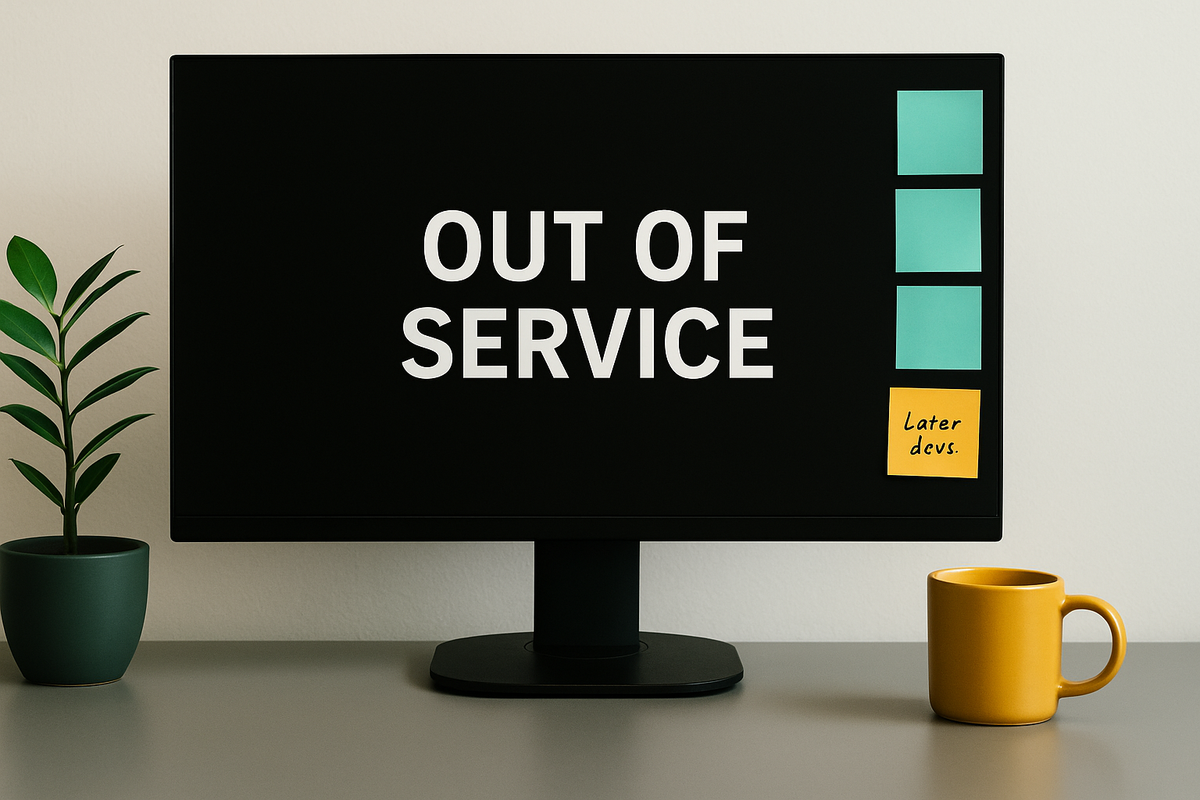The tech layoffs that could affect your next app update
What happens in Silicon Valley does not stay there. It ends up on your phone as an overdue app update and a delayed bug fix.

Your phone might be lying to you. That “Update available” message? Not always so available. When tech giants slash teams, the ripple effect affects developers, app stores, and eventually you, the person wondering why your Capitec app is suddenly stuck on “checking permissions”.
App updates are not magic; they are people, and right now, there are fewer of them.
What’s going on behind the updates
So far this year, Microsoft has retrenched more than 15,000 people. Google let go of hundreds from the Android, Pixel and Chrome teams on 11 April. Those are the folks who keep your operating system from collapsing.
There have been similar cuts across Meta, Amazon, and almost every tech firm you used to think was “too big to fail”.
Layoffs don’t just affect office snacks and ping-pong tables:
When fewer engineers are left maintaining the app stores, operating systems and review queues, things slow down. Compatibility fixes get delayed. Store updates take longer to approve. Support requests sit in a sad little inbox for days. Meanwhile, the apps you use every week start to act like they’ve had one too many Castle Lites.
Why South Africans should care
South Africa is a mobile-first country. We’re not all sitting behind fibre and ultrawide monitors. We have 124 million mobile connections for a population of just over 60 million. Most of us rely on apps for banking, transport, and government services.
Thus, when a new version of an app gets stuck in review limbo, or a bug isn't patched for weeks, it matters more, especially if that app handles your bank cards, your ID scans, or your eWallet withdrawals.
Your next security patch might be stuck behind a global hiring freeze and a very tired reviewer.

Google’s Play Store has been clamping down on dodgy apps, which is good, because no one needs another fake loan app from a fake developer with a Gmail address.
Still, that means stricter reviews, slower approvals, and less tolerance for any app that tries to cut corners. Devs have reported review delays stretching up to 7 days during policy waves. Apple’s App Store is usually faster, but even they face delays when reviewer queues build up.
Security updates are a race against exposure:
Android publishes monthly bulletins with fixes for active threats. In August, Google pushed patches for Qualcomm vulnerabilities that could have let attackers take control of devices. If those updates get stuck in the release pipe (or your banking app isn’t optimised to handle them), you’re walking around with an open door in your pocket.
This also affects the people building your favourite local apps
If you’re a South African dev trying to ship a stable app that works across ten types of Android phones (three of which haven’t had an update since Cyril was still Deputy President), this environment makes life a mission.
• Smaller teams
• Higher store standards
• Higher user expectations
• No grace when things break
All while trying to support both 3G and 5G in a country where MTN is phasing out old networks by 2027, and Vodacom’s 4G coverage still skips half your Uber routes.
So, yes, even if you don’t code, this affects you.
What you can do, whether you’re a dev or a user
- If you build apps: keep updates small, ship often, and test on low-end Androids. Those are still everywhere.
- If you use apps: turn on auto-updates, don’t delay security patches, and report bugs early.
- If your favourite app goes quiet for months: it's not normal, especially if it handles money or logins.
The next time your app crashes mid-transaction and support hasn’t replied in three days, don’t just blame “bad developers”. There might be fewer of them than last week, and they’re trying to fix the same thing.





Comments ()